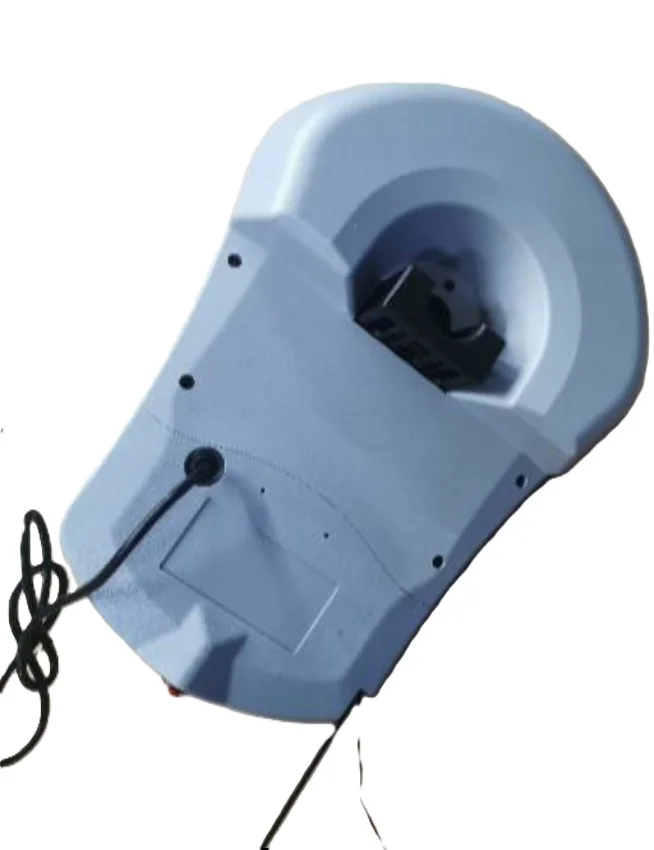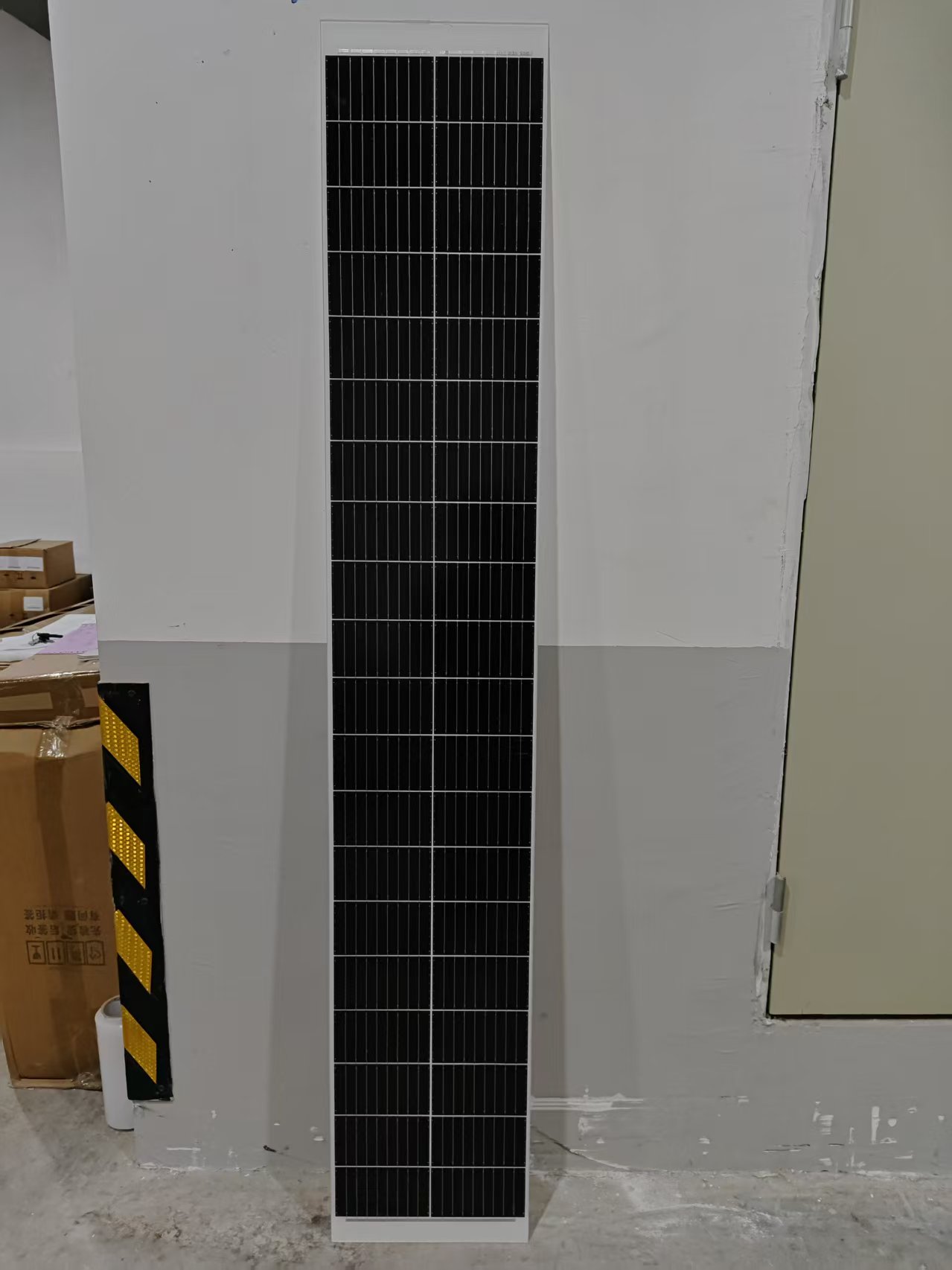Pressure gauges are indispensable instruments used across various industries to measure and monitor pressure levels in different systems. As an essential component, it is crucial to understand the expected lifespan of a pressure gauge to ensure accurate readings and reliable performance. In this blog post, we will delve into the factors that influence the longevity of pressure gauges and provide insights into how long they should ideally last.
- Quality of Construction:
The durability and longevity of a pressure gauge heavily depend on the quality of its construction. High-quality gauges are typically made from robust materials such as stainless steel, which offer resistance to corrosion, vibration, and extreme temperatures. These gauges are designed to withstand harsh operating conditions, ensuring a longer lifespan compared to their lower-quality counterparts. - Operating Conditions:
The environment in which a pressure gauge operates plays a significant role in determining its lifespan. Factors such as temperature variations, pressure fluctuations, exposure to chemicals, and mechanical stress can impact the gauge's performance and longevity. Gauges specifically designed for harsh environments, with features like protective casings and seals, tend to have a longer lifespan. - Maintenance and Calibration:
Regular maintenance and calibration are essential to prolong the lifespan of a pressure gauge. Routine inspections, cleaning, and lubrication help prevent the accumulation of debris or contaminants that could affect the gauge's accuracy and functionality. Additionally, periodic calibration ensures that the gauge remains within acceptable measurement tolerances, enhancing its longevity and reliability. - Application-Specific Considerations:
Different industries and applications have varying demands on pressure gauges. For instance, in industries such as oil and gas or chemical processing, where pressures can be extremely high or subject to rapid changes, gauges may experience more wear and tear. Understanding the specific requirements of the application and selecting gauges designed to withstand those conditions can significantly extend their lifespan. - Manufacturer's Reputation:
Choosing pressure gauges from reputable manufacturers known for their expertise and quality craftsmanship can greatly influence their lifespan. Manufacturers with a track record of producing reliable and durable gauges are more likely to incorporate advanced technologies and stringent quality control measures, resulting in longer-lasting products.
Conclusion:
While the lifespan of a pressure gauge can vary depending on several factors, a well-constructed, properly maintained gauge can typically last anywhere from 5 to 20 years. By considering the quality of construction, operating conditions, regular maintenance, application-specific requirements, and the reputation of the manufacturer, one can ensure the longevity and reliability of pressure gauges. Remember, investing in high-quality gauges and adhering to proper maintenance practices is essential for accurate pressure measurements and cost-effective operations.



